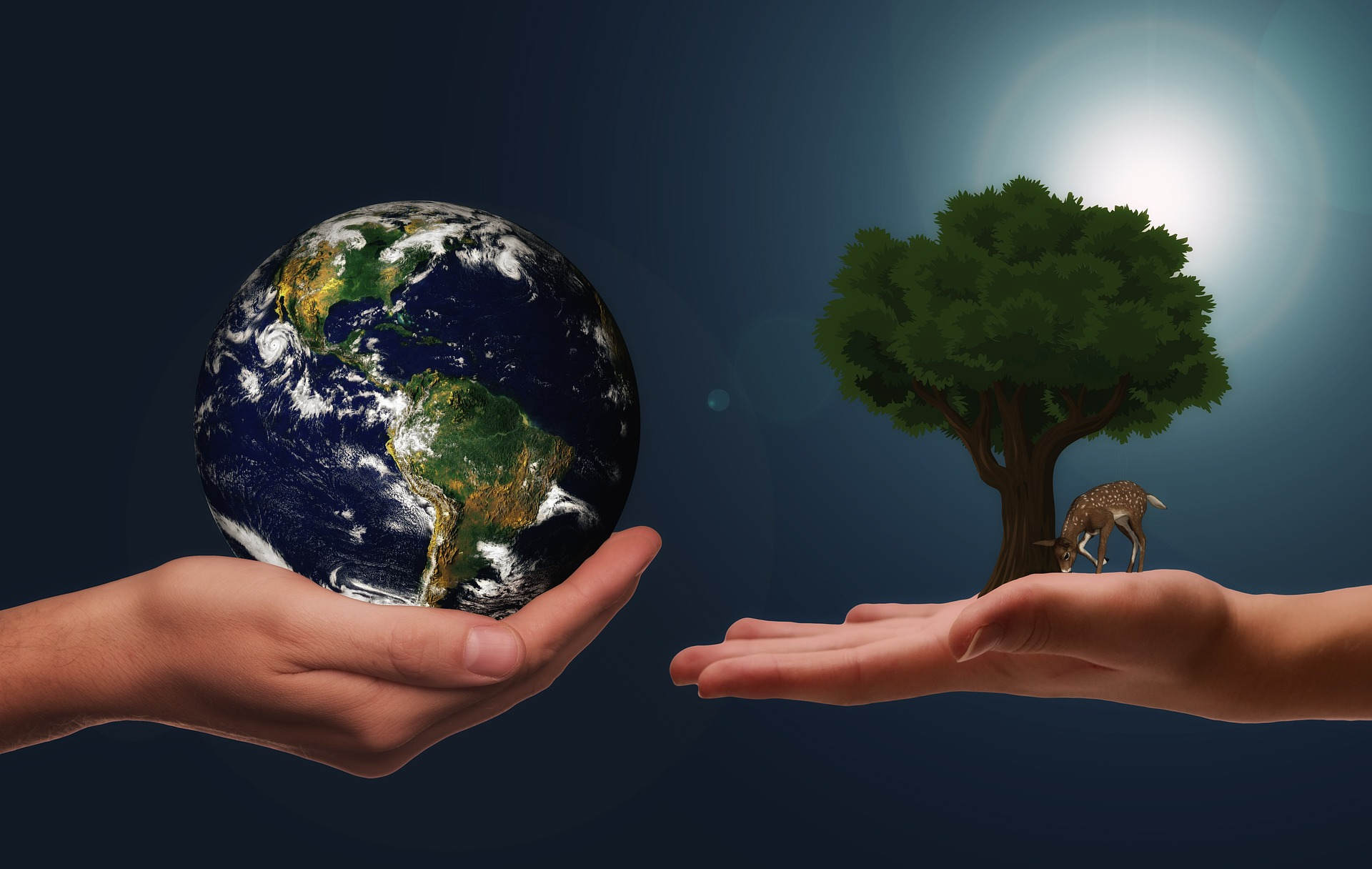The principles of systemically sustainable human growth and development means helping people live better lives now and in the future. It is about making sure that growth and progress do not use up all the resources or harm the environment. This way, future generations can also meet their needs. The idea comes from the understanding that the economy, society, and environment are connected and must work together.
Economic sustainability means building an economy that can last a long time. It involves creating jobs and wealth without using resources faster than they can be replaced. It also means sharing opportunities fairly so that everyone can improve their lives. Economic growth must not cause harm to the environment or increase inequality.
Social sustainability focuses on people and communities. It means reducing poverty and making sure all people have access to education, health care, and safe living conditions. Social sustainability promotes fairness, inclusion, and equal rights. It helps people have a voice in decisions that affect their lives. Strong communities support each other and work together for common good.
Environmental sustainability is about protecting nature. It means using natural resources like water, soil, and forests carefully. It also means reducing pollution and protecting animals and plants. The environment must stay healthy so it can support life now and in the future. If people damage the environment, it becomes harder for everyone to live well.
Systemic sustainability means looking at all these parts—economy, society, and environment—together. They affect each other. For example, if the economy grows but harms the environment, it is not sustainable. If social problems like poverty are ignored, growth will not last. Policies and actions must balance these three areas. Governments, businesses, and communities must work together. They must plan for long-term benefits, not just short-term gains.
Being able to actively create systemically sustainable human growth and development also requires clear goals and strong leadership. It needs cooperation among different groups and good management of resources. It is important to measure progress and adjust plans when needed. Education and awareness help people understand why sustainability matters and how to contribute.
Systemically sustainable human growth and development is about making sure people have better lives today without stopping future generations from having good lives too. It means building a strong economy, caring for people and communities, and protecting the environment. All three must work together in a balanced way. This approach helps create a fair, healthy, and lasting world for everyone.
While such an approach is difficult even to imagine on a global scale, at the local level it becomes a distinct possibility and a viable goal for achievement. The very idea of attempting the implementation of the Sustainable Development Goals as established by the UN globally would create far too much societal disruption to be effective, but when introduced locally, becomes a very real and feasible goal. Think globally but act locally.
Decentralized systems mean that each local area does most of the work by itself. OPISAC gives only logistical support and guidance. OPISAC does not try to control every small action. Local leaders and workers know their own area. They know what their people need. They make choices that fit their area best within the constraints of the local context.
On occasions when problems come from outside, local areas that do their own work are not hurt as much. They can keep going. They do not have to wait for faraway help. This makes them stronger. When each local area is strong, both the State and the nation become stronger too.
When the country is strong, it can do better in many ways. Even the formerly indigent can work and receive living wages. Residents can live well with ready access to modern amenities and comforts. People can get help close to home. The country does not break when trouble comes from outside its borders. It stays together and it remains strong.
This allows the nation to be equipped to help other places too. A strong country helps the world.
This is how systemically sustainable human growth and development works. Local areas get help when they need it. They do not get told what to do every time. The local community know what is best for their own people. Their local populations understand the local context. They grow strong. The State grows strong. The world grows better.
Systemically sustainable human growth and development is not a global blanket solution. The concept of systemically sustainable human growth and development means each and every aspect of the system is strong on its own, and stronger still when they are united.
It means people work together in ways that last. It means people help their own homes first. Then they help others. This idea is old. Systemically sustainable human growth and development is the literal embodiment of think globally, act locally.


One response to “Systemically Sustainable Human Growth and Development”
[…] means the OPISAC Africa model connects social, environmental, and economic needs, or a systemically sustainable approach to program design and implementation. It works in poor […]